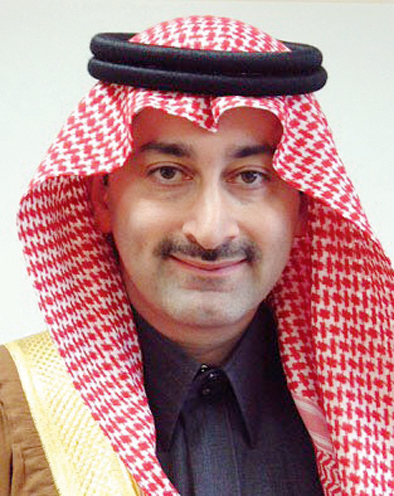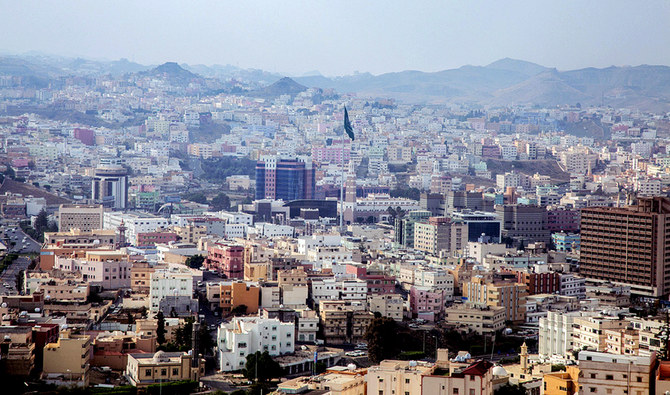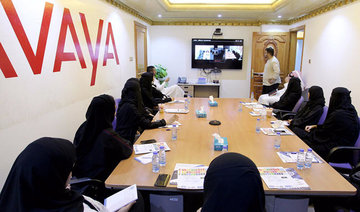JEDDAH: The founder of the Saudi Green Building Forum (SGBF), Faisal Al-Fadl, has delivered a statement to the UN arguing that Arab countries are at risk of failing to meet their Sustainable Development Goals (SDGs).
Al-Fadl said that “UN agencies in the Middle East are not up to speed with civil society movements supported by Arab countries according to their internal reports as far as awareness and applications of SDGs are concerned.”
The address was delivered at an important meeting of the Economic and Social Council of the UN (ECOSOC) in New York. SGBF is one of the few established Saudi Arabian NGOs in consultative status with the UN.
Al-Fadl told Arab News: “The UN’s agencies in the Arab world must keep up with repeated changes in cooperating with civil society organizations. Arab governments have shown an increase in cooperative assignments with civil society, especially since 2014. This growth of collaboration has been especially clear since 2015, when the UN’s Sustainable Development Goals (SDGs) were approved and endorsed by 193 countries, including Saudi Arabia.

Faisal Al-Fadl
“This is counterproductive practice from the UN’s international agencies. Since the SGBF is an NGO joining major groups and other stakeholders, we advised the global community that there should be major restructuring of how UN agencies do business in the Arab World according to the purpose of advancement and achieving SDGs, if we ought to succeed in the 2030 agenda.”
Al-Fadl said that it was not possible for the SDGs to be achieved without the ownership and engagement of civil society.
“Our governments in the Arab region have been doing a great job of adopting the principles, yet we are asking for more, and time is running out, so everything will be possible. It is so important that both the public and private sectors engage in the process of redirecting, utilizing and improving their building capacity and knowledge to move forward.”
Al-Fadl said that he was grateful to King Salman and Crown Prince Mohammed bin Salman for all their support and allowing the position of a Saudi nongovernmental establishment to exist.
FASTFACT
The 13 major cities in each region in Saudi Arabia: Makkah, Madinah, Tabuk, Buraydah, Najran, Arar, Jazan, Al-Baha, Abha, Riyadh, Dammam, Sakaka and Hail.
“Without the encouragement of Crown Prince Mohammed bin Salman, and the support of Custodian of the Two Holy Mosques King Salman, being here at the UN and delivering this statement would not be possible.”
The SGBF was first initiated in 2010 and established in 2014. In 2017, the foundation became the first professional association body from Saudi Arabia in consultative status with the UN.
“It was only in 2017 that ECOSOC recognized SGBF and this says a great deal about how the vision is executed by the Crown Prince Mohammed bin Salman who has been supporting everyone, everything and everywhere for Saudi civil society to join a global movement supporting the SDGs.”
In his statement, Al-Fadl mentioned the importance of humanitarian, environmental, and economic needs to take advantage of the performance index by recording and documenting buildings, neighborhoods and cities.
“Green sustainable development is achieved through strategic and applied policies to improve the ‘quality of life’ of visitors, residents, and citizens concerning the 13 major cities in each region in Saudi Arabia. The public will develop professional businesses and investment in the region for the safety and health of the environment.”




























